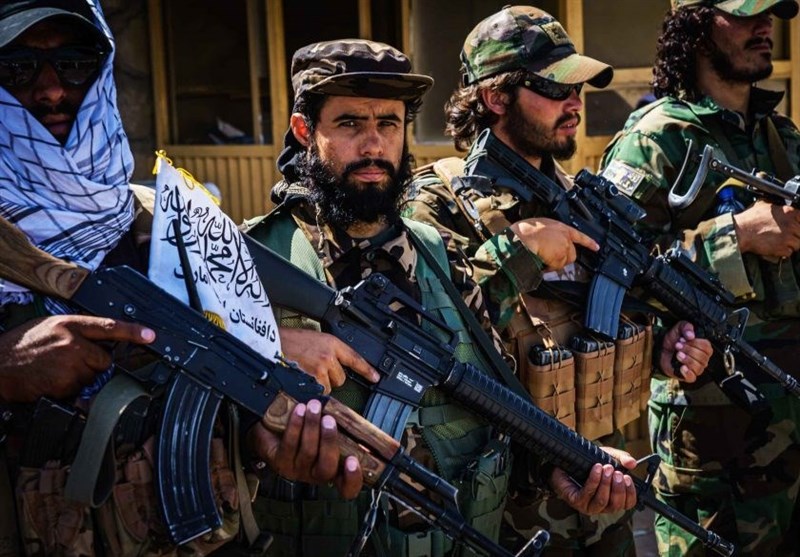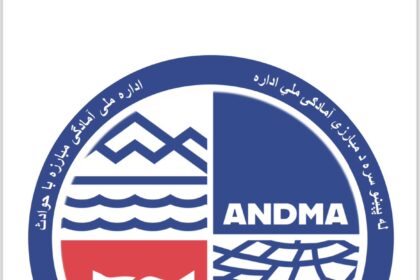RASC News Agency: The Global Mail, in its publication regarding the proliferation of ISIS-Khorasan Province attacks in the region, elucidates that the renewed dominance of the Taliban in Afghanistan has led to the resurgence of the ISIS group. As per an article published by The Global Mail on Wednesday, March 27th, the escalation of ISIS-Khorasan Province attacks in the region stems from the Taliban’s control over Afghanistan and the facilitation of operational grounds for terrorist groups.
According to the newspaper, despite the Taliban’s claim of suppressing ISIS in Afghanistan, they have directly contributed to the revival of this group, as evidenced by the liberation of “thousands” of ISIS fighters from Afghanistan prisons post-Taliban takeover and numerous significant attacks, including the Kabul airport assault in August 2021, orchestrated by them. The Global Mail highlights the organization of ISIS terrorist activities in Afghanistan territory, the recruitment of fighters, including Taliban affiliates, into ISIS ranks.
The newspaper suggests that the ideological kinship of the Taliban with certain terrorist groups such as Al-Qaeda and Pakistani Taliban indicates their reluctance to counter threats posed by other non-state armed groups, including ISIS, in the region. The Global Mail underscores that combating terrorist groups in Afghanistan necessitates a cohesive intergovernmental approach.
Emphasizing further, the newspaper asserts the imperative to pressure the Taliban to adhere to their commitments under the Doha Agreement to combat all terrorist groups in Afghanistan. The newspaper notes that while the Taliban have deprived women of their fundamental rights, they have concurrently provided a conducive environment for the resurgence of ISIS.
This comes as the United Nations Security Council estimates that between four to six thousand ISIS-Khorasan Province members are present in Afghanistan under the Taliban’s sway. Statistics indicate that since last year, this group has carried out over 190 suicide attacks in regional countries.






